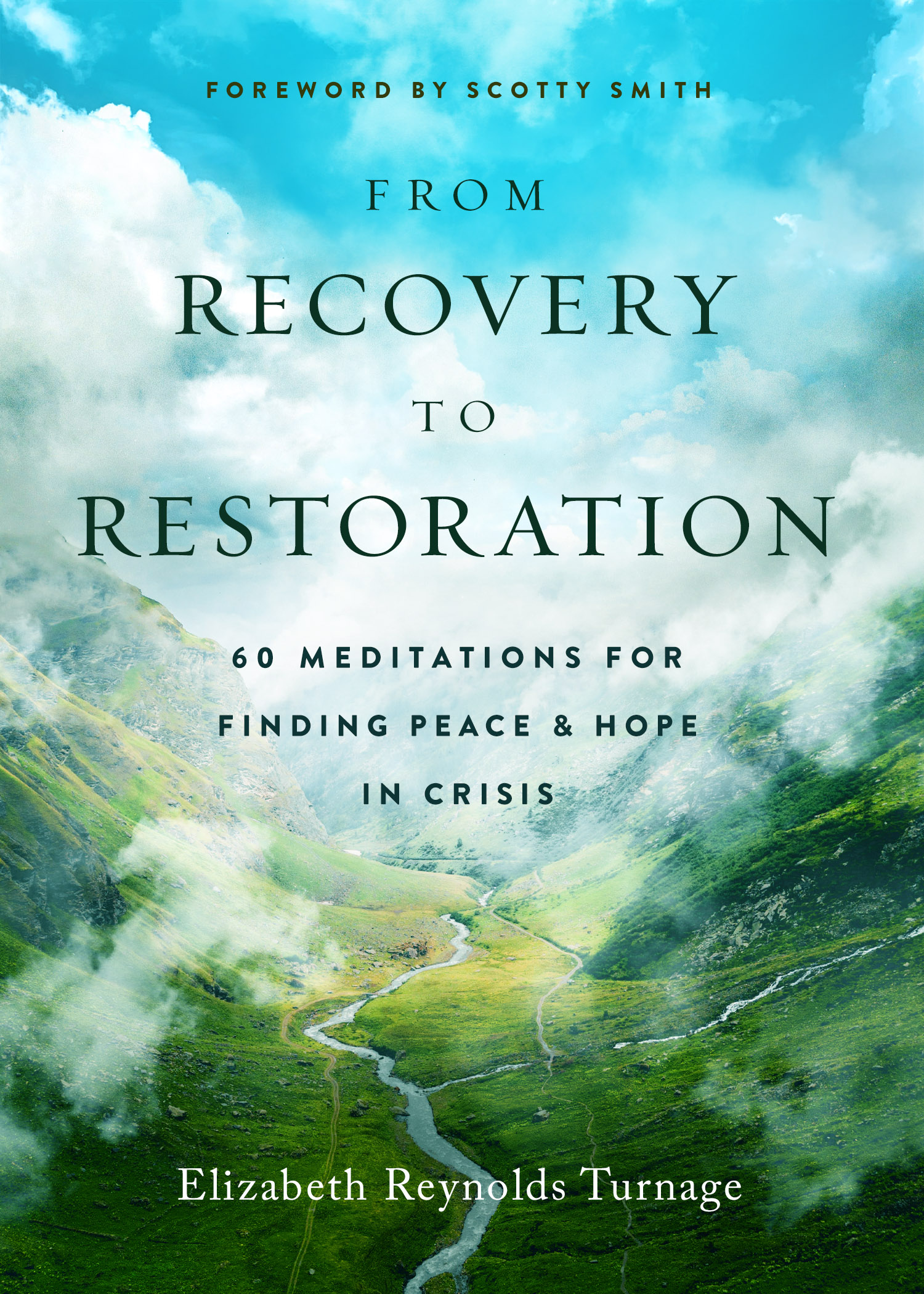When Changing Our Minds Is a Good Thing
When Changing Our Minds Is a Good Thing
Dear Friends, as Lent begins tomorrow, I wrote this meditation about repentance, a little understood and less embraced essential truth of the Christian life. Remember, if you’d like forty (free) printable Bible verses to help you in your preparation for Easter, you can get yours here.
Repent, for the kingdom of heaven is near. Matthew 3:2.
I stared glumly at the stoplight, willing it to turn. I was uneasy under the harsh glare and loud shouting of the slender young street preacher on the corner. With his Bible raised high like a bludgeon, he screamed, “Repent!!! The kingdom of heaven is near!!!!” Is it any wonder many of us cringe at the call to repent?
As kingdom servants, though, we must recapture the message of repentance as a powerful call to change that comes with the enabling power to change. First John commanded it. Then Jesus commanded it (Matthew 3:2, 4:17). We cannot ignore their call. To embrace repentance, we must understand at least five things about repentance.
First, repentance can’t be severed from the gospel, the “good news” that Jesus came to bring. After John was arrested, Jesus came, “proclaiming the good news of God,” telling people, “The kingdom of God has come near. Repent and believe the good news!” (Mark 1:14-15). The good news—our Saving King has come, leads to the bad news—we must repent of our sins, which leads to the good news—trusting our Saving King for salvation.
Second, repentance is a complete and utter change of heart, mind, soul, body, the only logical response for a citizen of the kingdom of God. It is a radical change of mind about the king we serve and the kingdom we inhabit. Repentance turns us away from the kingdom of self we so often seek, the kingdom of security and significance, of houses and cars and kids and followers and likes.
Third, repentance generates grief, deep sorrow for putting ourselves on the throne. That grief turns us happily toward the king who, because he loves and delights in us, died for our sin. As we return to the king, we seek first the things of the kingdom of heaven.
Fourth, repentance bears fruit as we seek the things that matter to Christ: faith and hope and love; trust and imagination and sacrifice, things that can’t be found in a condo on a beach or a grade on an exam.
Finally, the most important thing we need to know about repentance is what the young street preacher failed to share—the power to repent comes from the Holy Spirit. While we are too blind to see our allegiance to self-rule, the Spirit graciously (and sometimes painfully) removes those blinders, opening our eyes to our sin. While we are too hardened of heart to change our ways, the Spirit softens our heart, making it pliable. To repent, we must collapse on Christ, and we must do it again and again and again.
Dear friends, join me in repenting, in collapsing before the true King for all of the things we need for “life and godliness” (2 Peter 1:3). In “repentance and rest” is our salvation (Isaiah 30:15).
Holy Spirit,
Use your laser of love to heal the cataracts clouding our vision of the true kingdom. Draw our eyes to gaze on the majesty and mercy of our one true king. Compel us to collapse on Christ every day, every minute, every hour, in repentance, for his kingdom is near.
In Jesus’ life-changing name we pray. Amen.
Further Encouragement
Read Matthew 3:1-12; Matthew 4:12-17; Mark 1:14-15; 2 Corinthians 7:10.
Listen to “Patient Kingdom” by Sandra McCracken.
For Reflection
Have you ever “cringed” at the call to repentance because of the way it was given? What realities of repentance give you hope to obey Jesus’ command?






